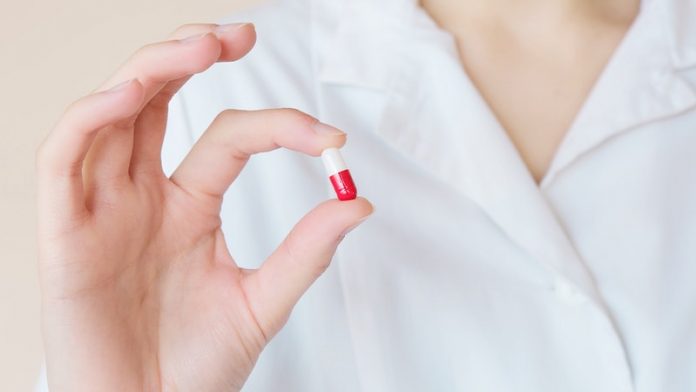
Foods that broaden the profile of helpful bacteria in the gut are collectively known as probiotics, while prebiotics is compounds that help these bacteria to flourish.
In a recent study at Brighton and Sussex Medical School, researchers found that probiotics either taken by themselves or when combined with prebiotics, may help to ease depression.
The study is published in BMJ Nutrition Prevention & Health. One author is Sanjay Noonan.
In the UK in 2016-17, 1.4 million people were referred to mental health issues, over half of them (53%) had anxiety or stress-related disorders, while a third (33%) had depression.
A two-way link exists between the brain and the digestive tract, known as the gut-brain axis.
And the possibility that the microbiome—the range and number of bacteria resident in the gut—might help treat mental ill health has become a focus of interest in recent years.
To explore this further, the team searched for relevant studies published in English between 2003 and 2019, which looked at the potential therapeutic contribution of pre-and probiotics in adults with depression and/or anxiety disorders.
Out of an initial haul of 71 studies, just 7 met all the criteria for inclusion. All 7 investigated at least 1 probiotic strain; 4 looked at the effect of combinations of multiple strains.
In all, 12 probiotic strains featured in the selected studies, primarily Lactobacillus acidophilus, Lactobacillus casei, and Bifidobacterium bifidium.
One study looked at combined pre-probiotic treatment, while one looked at prebiotic therapy by itself.
All of the studies concluded that probiotic supplements either alone or in combination with prebiotics may be linked to measurable reductions in depression.
And every study showed a big fall or improvement in anxiety symptoms and/or clinically relevant changes in biochemical measures of anxiety and/or depression with probiotic or combined pre-probiotic use.
Of the 12 different probiotics investigated, 11 were potentially useful, the findings showed.
The team says future research is needed to see whether the effects are long-lasting and whether there might be any unwanted side effects associated with prolonged use.
Probiotics may help reduce the production of inflammatory chemicals, such as cytokines, as is the case in inflammatory bowel disease, suggest the researchers.
Or they may help direct the action of tryptophan, a chemical thought to be important in the gut-brain axis in psychiatric disorders.
Copyright © 2020 Knowridge Science Report. All rights reserved.



